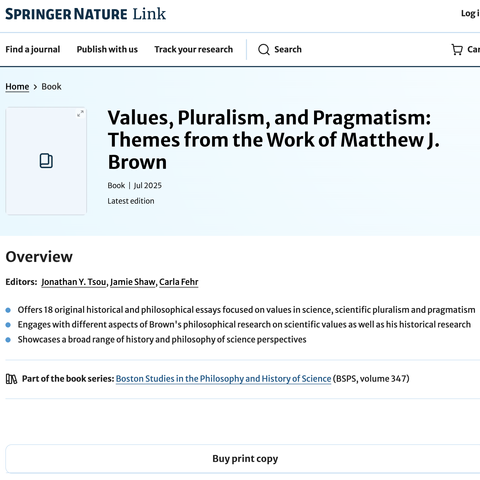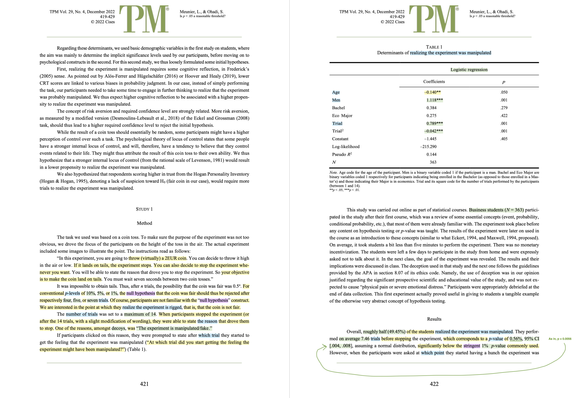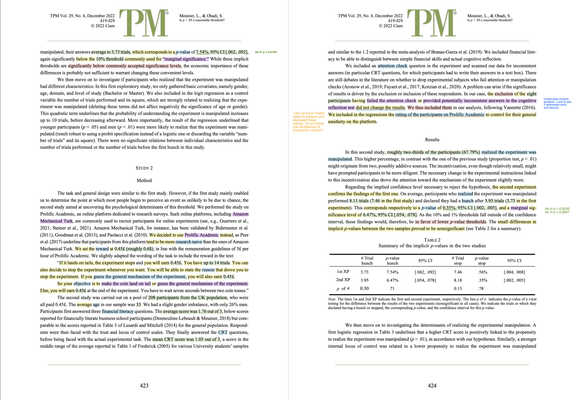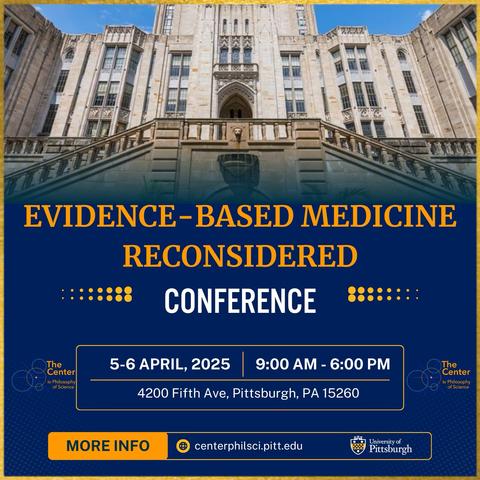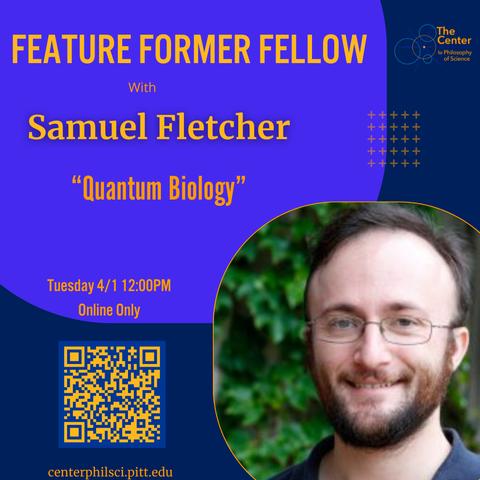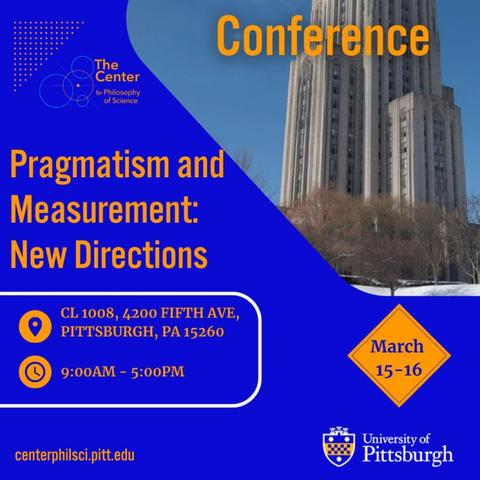#philsci
New Paper Out!
Probabilistic Empiricism, by M. Suarez and myself, examines how probabilistic models representing objective propensities can be confirmed by induction on situations.
Now open access at EJPS
https://link.springer.com/article/10.1007/s13194-025-00653-5
The article is based on a fruitful combination of our past work: Mauricio's s Complex Nexus of Chance on the complicated relations between frequencies, probabilities and dispositions, and my Modal Empiricism on the epistemology of modalities.
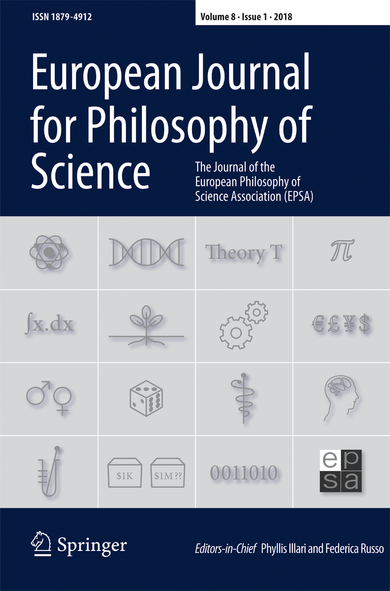
Jon Baron shared Peter Wakker's annotated bibliography of #decisionTheory
> 9000 entries!
DocX http://personal.eur.nl/wakker/refs/webrfrncs.docx
PDF http://personal.eur.nl/wakker/refs/webrfrncs.pdf
BibTeX (no annotations, I merged redundancies) https://www.dropbox.com/scl/fi/vbkki82h62ydq0fol1g8d/Decision-Theory.bib?rlkey=84m8zx3tyaa4uy6p0zptkybnx&st=qx9myebb&dl=0
"the level of confidence we in fact adopt must be determined by something that is irrelevant to the reliability of the testimony on which it’s based. After all, everything that is relevant to reliability is already included in the evidence."
I can't believe this is actually happening. https://link.springer.com/book/9783031929571 #philsci
This looks great: Andrew Gelman (@statmodeling_bot ) would be joining Nancy Cartwright and Berna Devezer. Short idea talks, lots of panel discussion and Q&A.
Join us on April 25th to discuss RCTs, replications, and scientific inference.
https://sites.google.com/view/cepbi/talks-gatherings?authuser=0

Lorenzo Casini from The Reasoner recently interviewed Dunja Seselja, @matteomichelini.bsky.social, and me on agent-based modeling in the philosophy of science and social epistemology. riviste.unimi.it/index.php/th... #philsci +
View of Interview with Dunj...
"Is p < 0.05 a reasonable threshold?"
Over 500 students and survey workers flipped a coin that never landed on tails.
They recorded how many flips it took to realize the coin was unfair.
On average, it corresponded to p ≈ 0.005.
Last talk of the semester at the Center next week. #philsci Lunch Time Talk - Clark Glymour
Tuesday, April 8th @ 12:00 pm - 1:30 pm EDT
Zoom – pitt.zoom.us/j/94045293838
Hans Reichenbach, The Direction of Time, Conjunctive Forks, The Principle of the Common Cause, and Maybe Some More
Join our Cloud HD Video Meetin...
Sam Fletcher this Tuesday. live streamed on YouTube at www.youtube.com/channel/UCrR... or you can join with Zoom at pitt.zoom.us/j/95178246353 #philsci
Our article "Probabilistic Empiricism" co-authored by me and M. Suárez will be published soon in the European Journal for Philosophy of Science. It presents an inductive epistemology for objective probabilities, based on the notion of situation.
Pre-print available here:
philsci-archive.pitt.edu/24924/
just when U think everything there is to know about cell biology is already known. And then they looked further. Interesting discovery. Understanding seems to be in the "let's throw every idea we can think of at the wall and see what sticks phase." #science #philsci
www.nature.com/articles/d41...
‘Dark proteins’ hiding in our ...
Fresh from the press: a new chapter on the (short) history of Biolinguistics (the science that tries to uncover the biological basis of language).
https://www.degruyter.com/document/doi/10.1515/9783111293776-002/html#Harvard
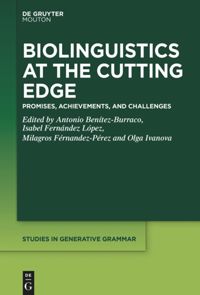
I've recently seen several grant application reviews in philosophy of science where the reviewers come from the relevant discipline, but have no idea whatsoever of how research in philosophy works. They still somehow do the reviews and criticize these projects for reasons that are beyond the scope of philosophical projects (e.g., not doing EEG studies in a project about the *history* of EEG). It's so sad not only to see these reviews, but to see that grant boards are approving them and using them to select funding. It's a huge problem if one wants to do interdisciplinary philosophy of science.
This week end at the Center for philosophy of science! #philsci


